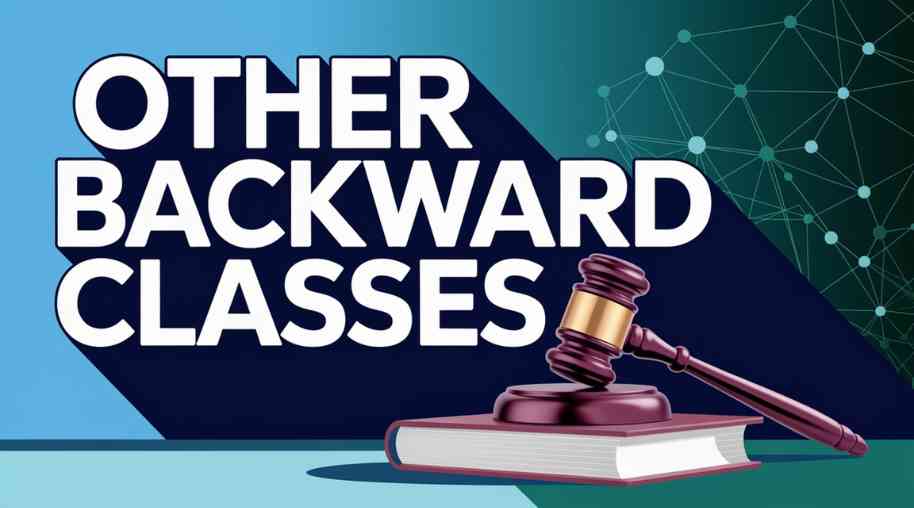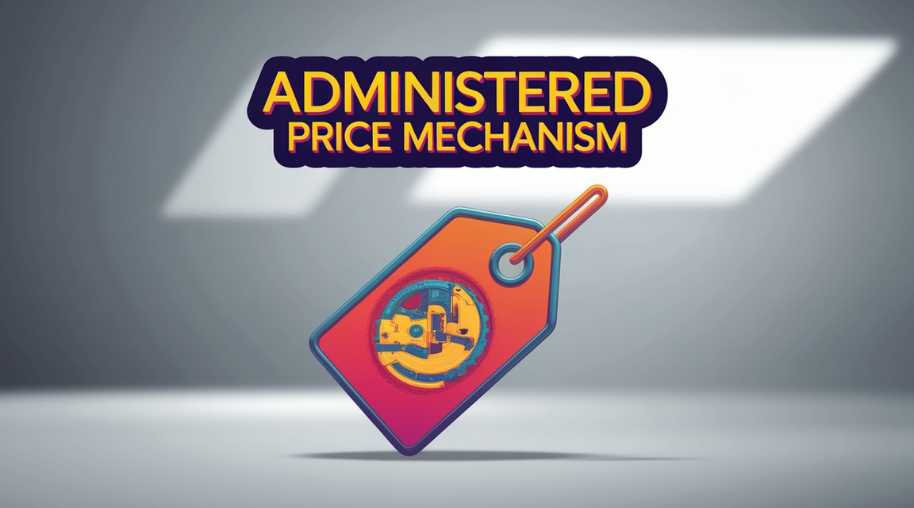OBCs Full Form-Other Backward Classes
by Shashi Gaherwar
0 1956
Other Backward Classes (OBC): Definition, Reservation Policies, and Socio-Economic Impact
Other Backward Classes (OBC) are socially and educationally disadvantaged groups in India, entitled to reservations in education and government jobs to promote equality. This article explores the definition, history, policies, and socio-economic impact of the OBC category.

Who Are Other Backward Classes (OBC)?
OBCs are castes positioned between upper castes and Scheduled Castes (SCs)/Scheduled Tribes (STs), classified as socially and educationally backward by the Government of India, requiring special provisions for upliftment.
History and Evolution of the OBC Category
Key milestones include:
- Kaka Kalelkar Commission (1953): First identified backward classes, recommended affirmative action without specific criteria.
- Mandal Commission (1979): Led by B.P. Mandal, recommended 27% OBC reservation in jobs and education, implemented in 1990 by V.P. Singh amid protests.
- National Commission for Backward Classes (NCBC) (1993): Established to identify OBCs and update the central list.
Reservation and Benefits for OBCs
OBC benefits include:
- Reservations: 27% quota in central government jobs and educational institutions.
- Age Relaxation: Extended age limits for job applications.
- Scholarships: Fee concessions and financial aid for education.
- Coaching Schemes: Support for competitive exam preparation.
OBC Creamy Layer vs. Non-Creamy Layer
OBC sub-categories based on income:
- Non-Creamy Layer: Eligible for reservations, family income below ₹8 lakh annually.
- Creamy Layer: Ineligible for reservations, includes high-income families or senior government officers.
OBC Caste List and Identification
OBC lists vary by state and central government, revised via socio-economic surveys. To check status:
- NCBC Website: Verify central OBC list.
- State Lists: Check locally recognized OBC groups.
- OBC Certificate: Obtain from local Tehsil office for benefits.
Challenges Faced by OBC Communities
OBC challenges include:
- Unequal Benefits: Benefits favor better-off OBC sections, leaving some groups disadvantaged.
- Controversies: Debates over reservation policies and demands to exceed 50% cap.
- Low Awareness: Many unaware of rights and entitlements.
- Underrepresentation: Limited presence in elite institutions and high-ranking roles.
Impact of OBC Reservation on Indian Society
OBC reservations have driven:
- Education Access: Higher enrollment in colleges, including IITs, IIMs, and central universities.
- Employment Growth: Increased OBC presence in government jobs, boosting socio-economic mobility.
- Political Empowerment: Rise of OBC leaders and policy reforms benefiting communities.
Recent Developments and Future Outlook
Recent and future trends include:
- Private Sector Reservations: Discussions to extend OBC quotas for broader opportunities.
- Income Limit Revisions: Non-creamy layer threshold (₹8 lakh) may adjust for inflation.
- Digital Initiatives: Government portals and online applications enhance access to benefits.
Other Backward Classes (OBC) are integral to India’s socio-economic fabric. Reservations have improved education and job access, fostering mobility, but challenges like unequal benefits persist. Refining policies and increasing awareness can ensure equitable opportunities and social harmony.
Further Learning Resources
If you’re passionate about building a successful blogging website, check out this helpful guide at Coding Tag – How to Start a Successful Blog. It offers practical steps and expert tips to kickstart your blogging journey!
For dedicated UPSC exam preparation, we highly recommend visiting www.iasmania.com. It offers well-structured resources, current affairs, and subject-wise notes tailored specifically for aspirants. Start your journey today!

Share:








Comments
Waiting for your comments